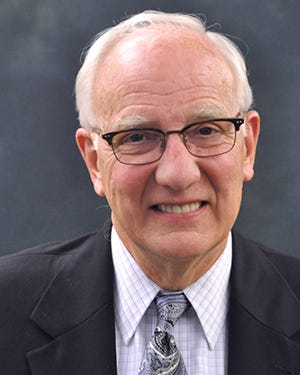How to handle an employee strikeHow to handle an employee strike
In most cases, operators have little control over a staff strike. However, a warning does provide the opportunity to get prepared.
Question:
How should I handle a protest or strike in my operation?
Answer:
We’ve seen a lot of demonstrations in the past year, including organized strikes. However, not returning from lunch, calling in sick or intentionally slowing down production are also examples of a protest in the foodservice environment.
In either case, your team is unhappy about something and wants to get your attention. If you are surprised by a protest or petition, you are not spending your time in the right place, and your work environment is lacking trust and openness.
You can lower your chances of facing a protest or petition through creating an environment that is transparent and open. It’s important to walk around and be present at your properties, so that you can listen to what your workers are saying and probe to seek a deeper understanding. Your presence and regular check-ins will also help identify changes in behavior.
A strike almost always comes with a warning, with both parties attempting to come to an agreement over a period of time. In most cases, you have little control over a strike. The warning, though, does provide you the opportunity to get prepared. You should have a “work stoppage” plan in place that includes plans for reducing menu cycles, supplying disposable serviceware, notifying suppliers of a pending strike and modifying work schedules for those who aren’t on strike.
—Jim Korner
Assistant VP, Professional and Community Education
Penn State University Outreach and Online Education
Read more about:
Advice GuyAbout the Author
You May Also Like




.jpg?width=300&auto=webp&quality=80&disable=upscale)

